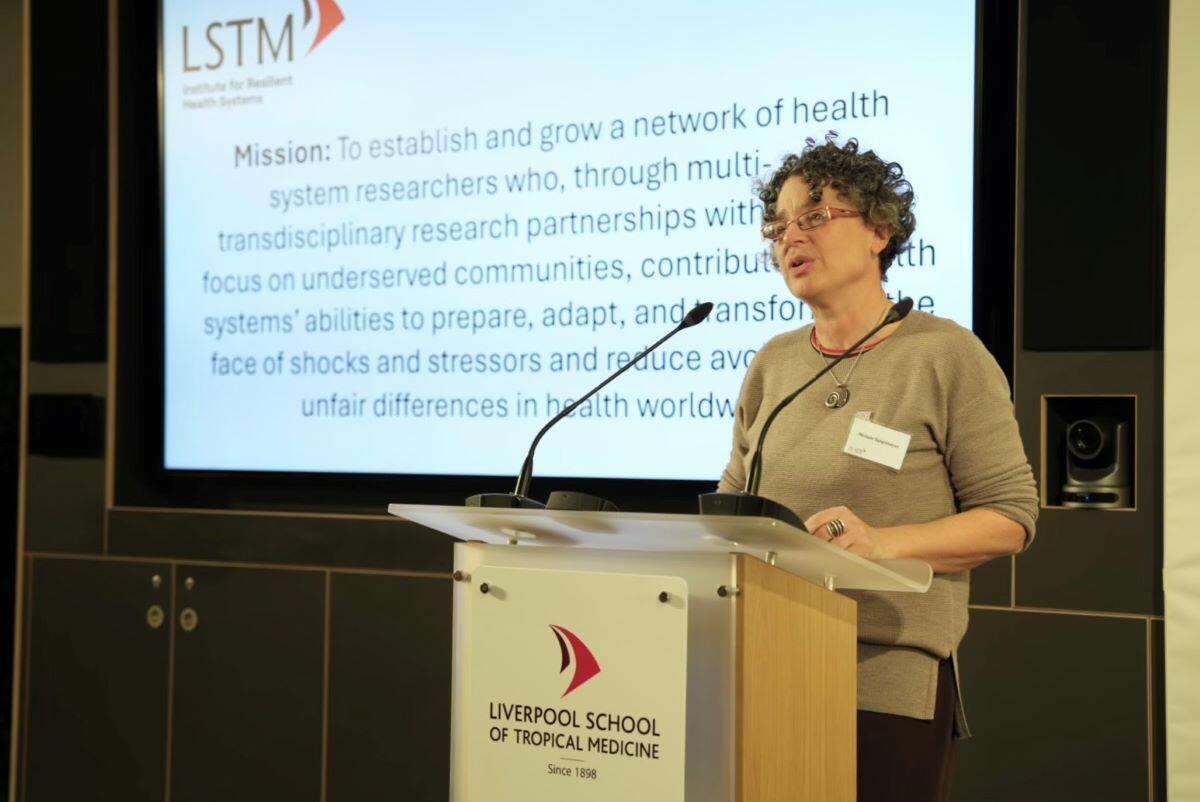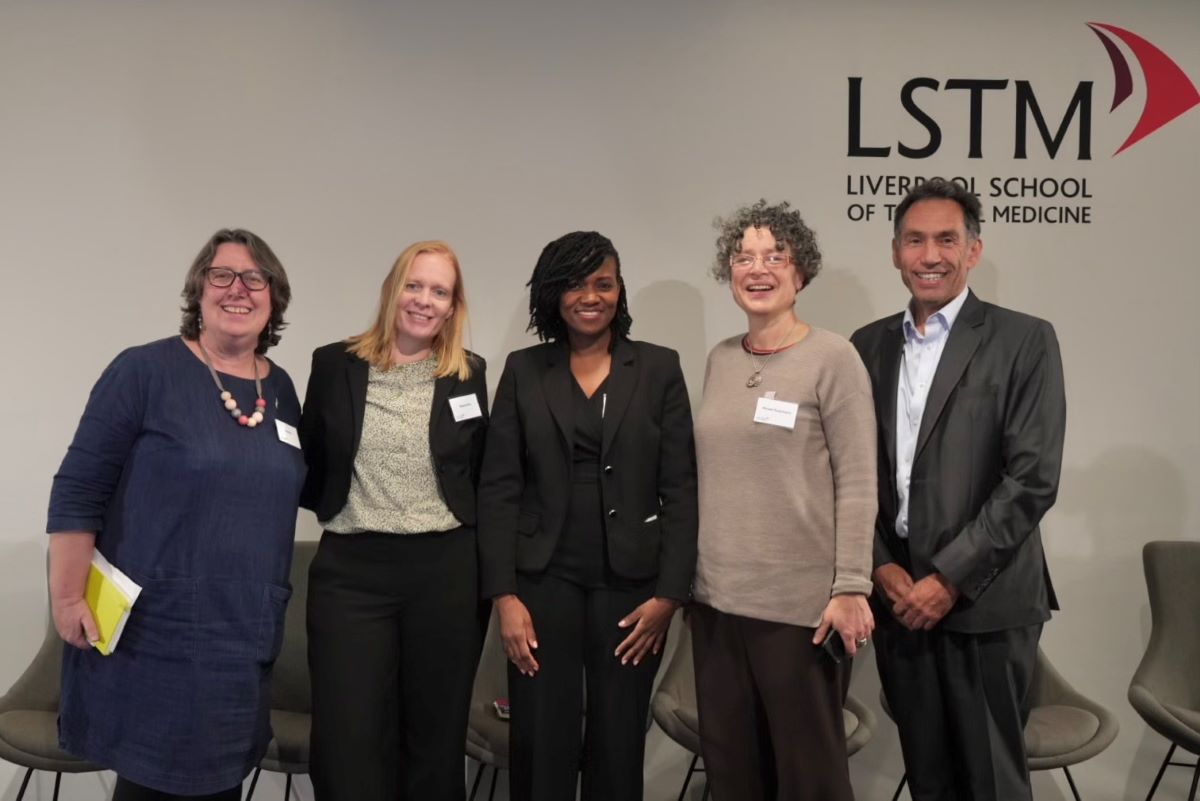
Liverpool School of Tropical Medicine has launched the Institute for Resilient Health Systems, a new research centre to help countries prepare, adapt, and transform in the face of shocks and stressors and reduce avoidable and unfair differences in health worldwide.
The new Institute for Resilient Health Systems (IRHS) was officially launched at LSTM’s 125th Anniversary Scientific Symposium in Liverpool, a three-day event that has brought together experts from around the world to discuss the future of global health.
IRHS aims to create resilient health systems worldwide through building a global network of health system researchers, working in partnership with policymakers, practitioners, and communities to support health systems anticipate and cope with uncertainties.
Fragile and underprepared health systems can exacerbate serious health problems caused by infectious disease outbreaks, natural disasters and conflict, and lead to preventable deaths and widening inequalities in already underserved communities. Increasing global instability, flooding, heatwaves and droughts caused by climate change, and the challenges of antimicrobial resistance all pose ever greater risks, requiring health system resilience.
IRHS will co-ordinate and advance health systems research, initially at LSTM, the Malawi Liverpool Wellcome Research Programme (MLW), KEMRI (Kenya Medical Research Institute) and the Centre for Sexual Health and HIV AIDS Research Zimbabwe (CeSHHAR), and then through a phased geographic expansion.
LSTM’s Vice-Chancellor Professor David Lalloo launched IRHS at the Scientific Symposium, emphasising the “importance of having health systems that are resilient to both shocks and stressors, climate change, conflict, geopolitical instability and, essentially, poverty that underpins many healthcare systems.”
He said: “The Institute for Resilient Health Systems is completely in line with LSTM's values and missions. It responds to the need to help the most disadvantaged populations worldwide. We’ve got those strong relationships, not only with partners but with the communities that are absolutely critical if we are going to develop those health systems that are needed.”

IRHS will examine the factors that enable health systems to prepare and respond to shocks while maintaining function, contribute to research capacity strengthening, and embed contextualised knowledge into practice at the community and decision-making levels.
It builds on health systems resilience expertise at LSTM through programmes like ReBUILD for Resilience, a collaboration between Lebanon, Myanmar, Nepal, Sierra Leone and the UK, and the ARISE research consortium, set up to enhance accountability and improve the health and wellbeing of marginalised populations living in informal urban settlements in low- and middle-income countries.
Dr Jo Raven, the co-lead for IRHS: “Health systems in many low- and middle-income settings operate in a context of polycrises. Disruptions in service delivery compromise the health of many people and the most vulnerable are particularly hit. Improving health system resilience is about improving health equity.“
Professor Miriam Taegtmeyer, the co-lead also explained said: “Health systems are made up of people – communities, health workers, managers and policymakers. All have roles to play in preparedness and when a shock hits, in implementing resilience strategies. We need to study what works and what not, why, in what context and for whom. This learning enhances system resilience."